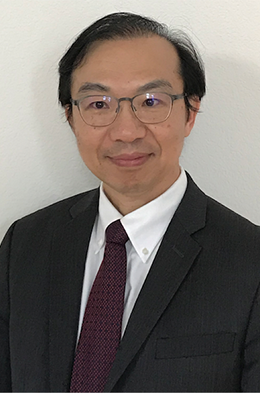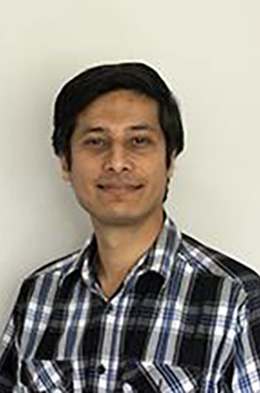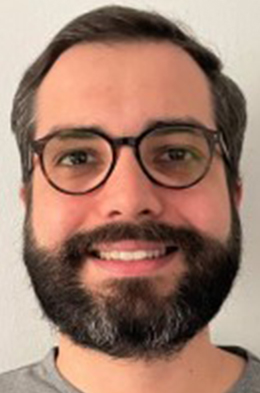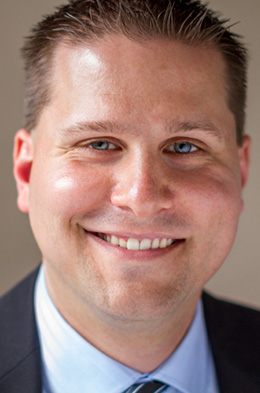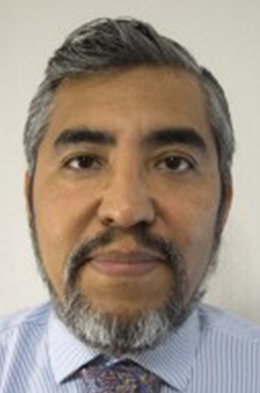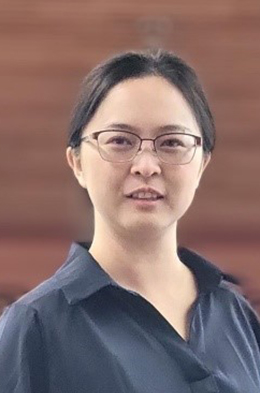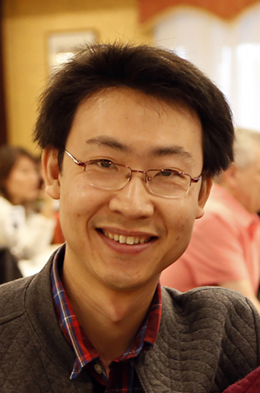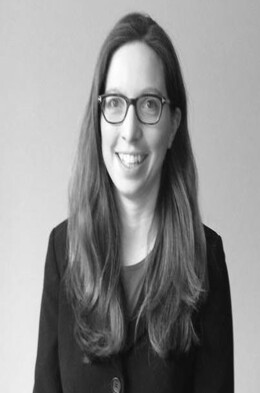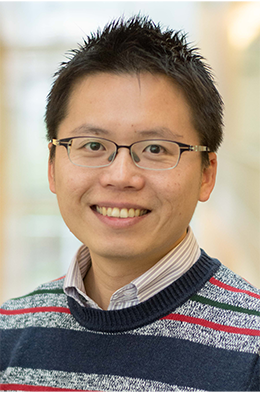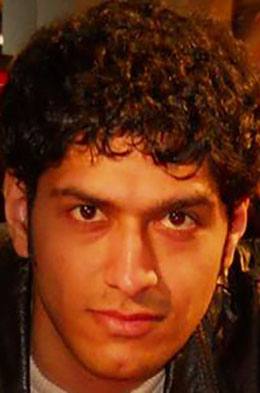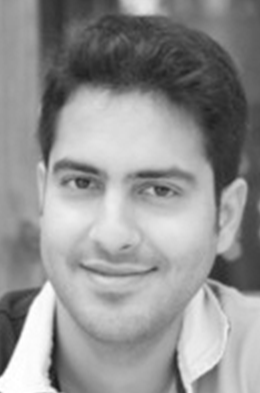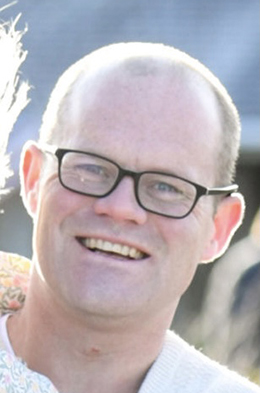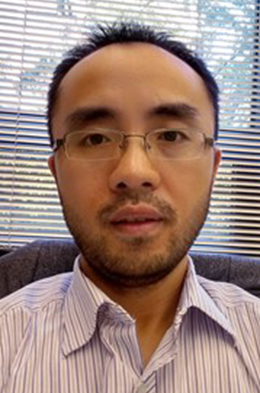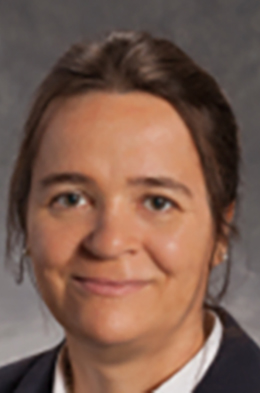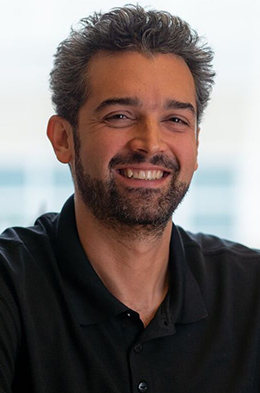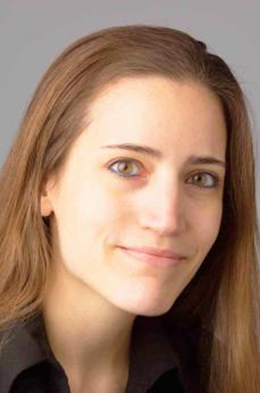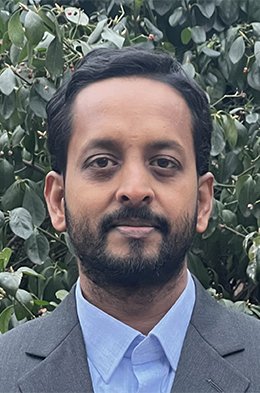Livnat Jerby is an Assistant Professor of Genetics at Stanford University. Her research focuses on multicellular dynamics, as a disease driver and therapeutic avenue, particularly in the context of cancer immunology. In her work, she aims to identify the drivers, molecular underpinnings, and causal structure of multifactorial immune evasion mechanisms, and use this information to identify new and more effective ways to augment and unleash targeted immunity via combinatorial interventions. To address this challenge at scale, she develops integrative approaches, fusing single-cell sequencing and imaging with machine learning, genetic and environmental perturbations.
Thus far, her research provided new perspectives to key facets of tumor biology, encompassing metabolism, genetics, and immunology. As a postdoctoral fellow in Aviv Regev's lab at the Broad Institute of MIT and Harvard, she identified regulators of T cell exclusion and dysfunction. She holds a B.Sc. in Computer Science and Biology and obtained her PhD in 2016 from Tel Aviv University, where she worked with Eytan Ruppin and developed new ways to interrogate cancer metabolism and genetics.
This fall Livnat joined Stanford Genetics to establish a multidisciplinary lab that will harness machine learning in combination with clinical data and extensive functional testing to dissect and target immune dysregulation in cancer, aiming to leverage the versatile, interconnected function of genes, cells, and tissues for disease detection, prevention, and treatment.




